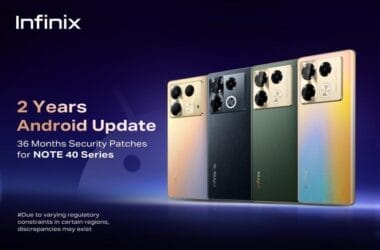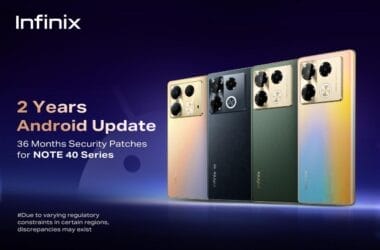One month apart is great timing for feedback!
July the 24th 2019. I publish a news article about the newly introduced navigations instructions in a Nigerian voice for both motorcycle and car driving modes announced at the Google for Nigeria event. Two weeks after – a follow-up article is published, expressing my concern about drivers at cab-hailing services I had come across still unaware about the development at the time.
The article also notes the reception by many drivers towards the development, which seems like a good thing for them. There is an interesting twist to this however. It would seem as though some members of the public are at different ends of the spectrum, judging by the reactions that trailed that article via a shared post on my WhatsApp status and in personal conversations had. Their sentiments basically range between the fact that the accent sounds “weird” (in their words).


In getting a better verdict of the situation, I test this via Twitter and Instagram Opinion Polls conducted between the 23rd and 24th of August 2019.
Interpretation of poll options: Love it– Love it, Dead – Do not like it, Meh – Indifferent about it
Opinion polls showed 2 polar opposite options (Love it and Dead) neck and neck with 37% of people who ‘Love it’ winning the poll, and overall results almost evenly spread across the 3 options.

On Instagram Opinion Poll where only 2 options are allowed per poll, 60% of people are ‘Indifferent’ about it while 40% of people ‘Love it’.

One way to examine people’s perception about the accent is that, it isn’t popular to listen to a “very Nigerian accent” as voice prompts/IVRs (interactive voice response) for apps and software. From Telecommunication networks and Automated Teller Machines to Safety and Security Features on our smart devices. In fact, Nigeria is the only English-speaking African country that has its English version on the Google Map. So, it could be a case of people not used to it yet.

Speaking to a voice-over artist [who doesn’t adopt a foreign accent for her works] to get her views on the voice navigation and indeed the accent, she states very clearly the major fault with the prompt lies in the inflections. A quick Google search defines inflections as a change in the form of a word (typically the ending) to express a grammatical function or attribute such as tense, mood, person, number, case, and gender. It also defines inflections as the modulation of intonation or pitch in the voice. She further stresses it to say: “The accent is harsh, uninviting and unappealing which is a turn off for voice navigations”. “It could be better”.
My conclusion will be that because it’s a new feature, it’s understandable for Google not to have gotten it right and so, there’s room for improvements through feedback such as this. As a social media user highlighted and I concur, the development by Google is a well-thought-out one as many Nigerians are presently out for embracing the Nigerian heritage and its uniqueness which it represents. It’s also very important to get it done in a way that is adjudged to be acceptable by the people.

Nigerian accent vs Nigerian Jollof

The case of the Nigerian accent by Google recalls a similar situation but far more disapproving, of a popular foreign food brand which decided to experiment with a new flavour called the Jollof flavour but was sorely done.
Now, if you’re an ardent social media user or follower of pop culture, you would know that disapproving or snide remarks about Nigerian Jollof Rice or the Nigerian Jollof taste is something you don’t [want to] mess with. This national ‘taste’ treasure is so carefully revered that it’s a never-ending debate (fueled by social media) with our West African neighbours – Ghana who argue about the superiority of theirs. A well-known conversation-starter these days. And so, if you’re going to market our celebrated Jollof mixture or flavour you might want to get it right.
There was no way the food brand could “pull wool over our taste buds” and so, the flavour was withdrawn from the market months after it was introduced, never to be re-introduced.
The moral of this example would be that sometimes, we [Nigerians] understand our things a little too well to know when something’s wrong or totally off. It’ll be interesting to note that this Jollof example happened almost a decade and a half ago where there was no social media as we know it today. Safe to say if it happened in these times, a hashtag like #DefinitelyNotOur Jollof would have trended as some form of protest and ultimately- feedback to the company. Which is important. It probably also would have sparked a social media war with other West African countries who have Jollof as a delicacy, bearing the brunt of the ill-received product.
The food brand didn’t have this avenue then, Google does now!
P.S. On a lighter note, I wonder the Nigerian connoisseurs at the foreign food brand company who approved of the Jollof flavour at the time. Perhaps, revoking their citizenships would be a good place to start?






